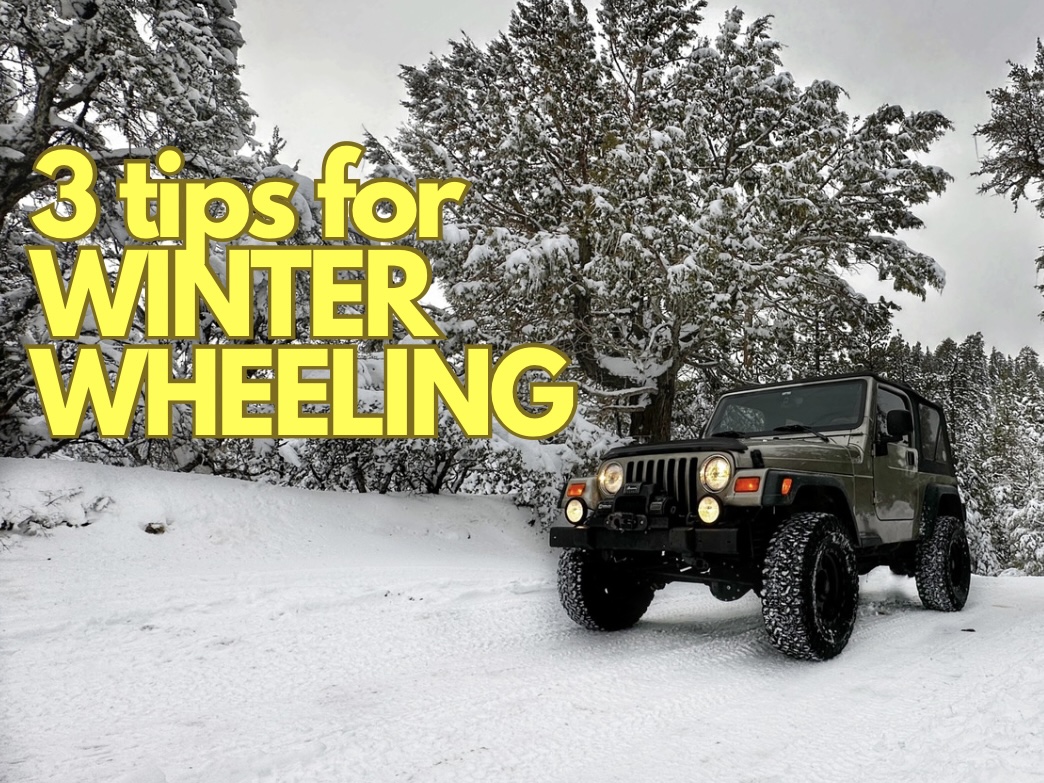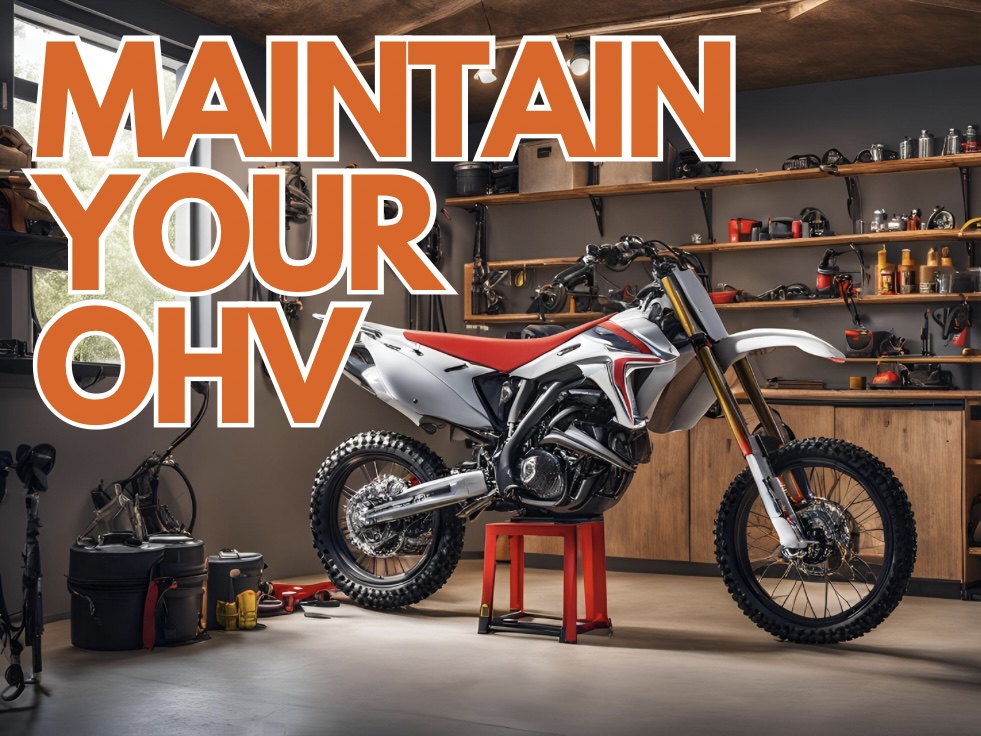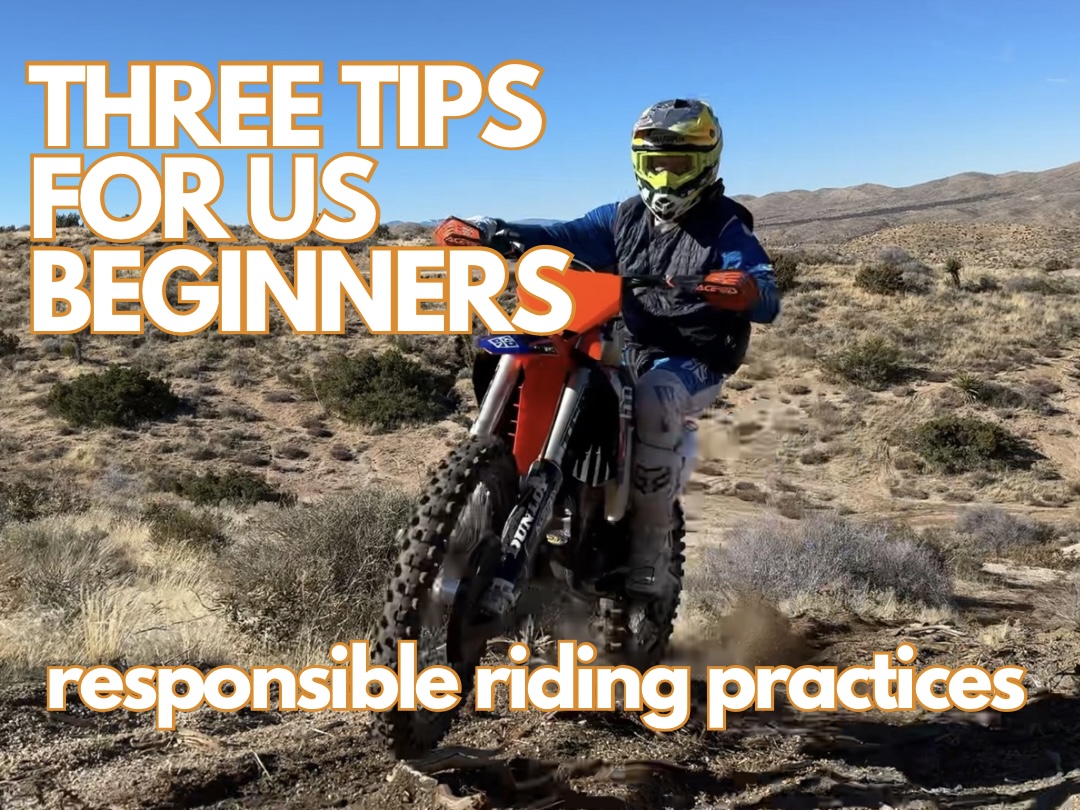Your cart is currently empty!
The Importance of Helmet Safety in OHV Riding
Off-Highway Vehicles (OHVs) offer riders an exhilarating way to explore rugged terrain and remote landscapes. While the thrill of off-road adventure is undeniable, it’s essential to prioritize safety, especially when it comes to protecting your most valuable asset: your head. In this blog post, we’ll discuss the dangers of not wearing helmets when riding in your OHV and emphasize the importance of helmet safety for every off-road enthusiast.

Protecting Against Traumatic Brain Injuries (TBIs): One of the most significant dangers of riding without a helmet is the risk of sustaining a traumatic brain injury (TBI) in the event of a crash or collision. OHV accidents can happen suddenly and unpredictably, often resulting in riders being thrown from their vehicles or colliding with obstacles. Without the protection of a helmet, the head is vulnerable to impact forces that can cause severe head trauma, including concussions, skull fractures, and even permanent brain damage.
Preventing Fatalities: Studies have shown that wearing a helmet significantly reduces the risk of death in motorcycle and OHV accidents. Helmets are designed to absorb and dissipate the energy of impact, reducing the severity of head injuries and increasing the likelihood of survival in the event of a crash. In fact, according to the Centers for Disease Control and Prevention (CDC), helmet use can reduce the risk of death in a motorcycle crash by 37% and the risk of head injury by 69%.
Shielding Against Debris and Obstacles: In addition to protecting against head injuries in crashes, helmets also provide essential protection against flying debris, branches, rocks, and other obstacles encountered on off-road trails. A sturdy helmet with a full-face shield or visor can shield the face and eyes from projectiles and debris, reducing the risk of eye injuries, facial lacerations, and dental trauma.
Setting a Positive Example: Beyond personal safety, wearing a helmet when riding in your OHV sets a positive example for other riders, especially younger enthusiasts and passengers. By demonstrating a commitment to safety and responsible riding practices, you contribute to a culture of helmet use and risk awareness within the off-road community. Leading by example encourages others to prioritize their safety and adopt safe riding habits that can save lives.
Compliance with Regulations and Requirements: In many jurisdictions, wearing a helmet is not just a matter of personal safety—it’s the law. State and local regulations often mandate helmet use for riders of certain ages or operating specific types of vehicles, including OHVs. Failure to comply with helmet laws can result in fines, citations, and even legal consequences in the event of an accident. By wearing a helmet, you not only protect yourself but also ensure compliance with legal requirements and avoid potential penalties.
In conclusion, wearing a helmet is non-negotiable when it comes to OHV riding. The dangers of riding without a helmet far outweigh any perceived inconvenience or discomfort. A properly fitted helmet is your best defense against traumatic brain injuries, fatalities, and other serious consequences of off-road accidents. So before you hit the trails on your OHV, make sure to protect your ride—and your head—with a quality helmet. Your safety depends on it.
3 Tips for Wheeling this Winter

Winter on the trails can be both amazing and challenging. The snow cover ground, the beauty of nature at rest and the sense of freedom away from the craziness of our lives back home can leave us wanting to push the limits. It is important however to be prepared at all cost during the winter…
5 Ways to Maintain your OHV

Maintaining your rig is important. It increases the performance and the life of your OHV. Of course the better kept your OHV remains, the less likely you find yourself broken down on the side of the trail wishing you would have taken better care of your things. Here are 5 things you can do to…
3 Tips for New Riders

Ok, the crew is all here, you are all geared up with proper riding gear, you’re hydrated, excited and ear to ride! BUT, it being your first time and all, maybe we should cover a few things with Adam (he’s a pro) Here are three things all beginner riders need to do to hit the…
